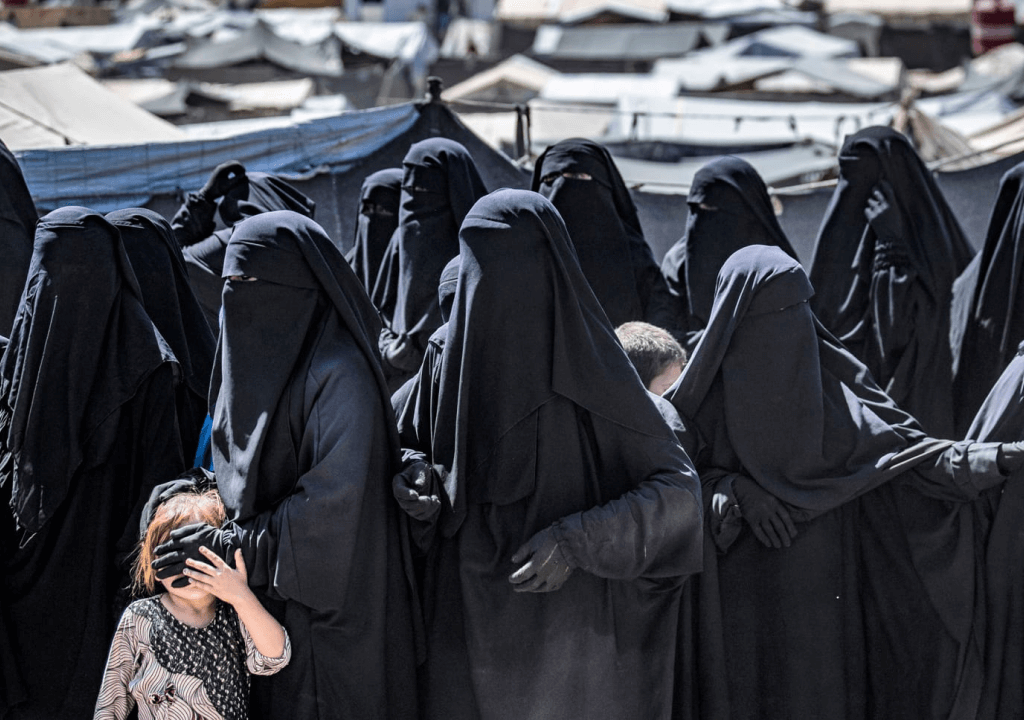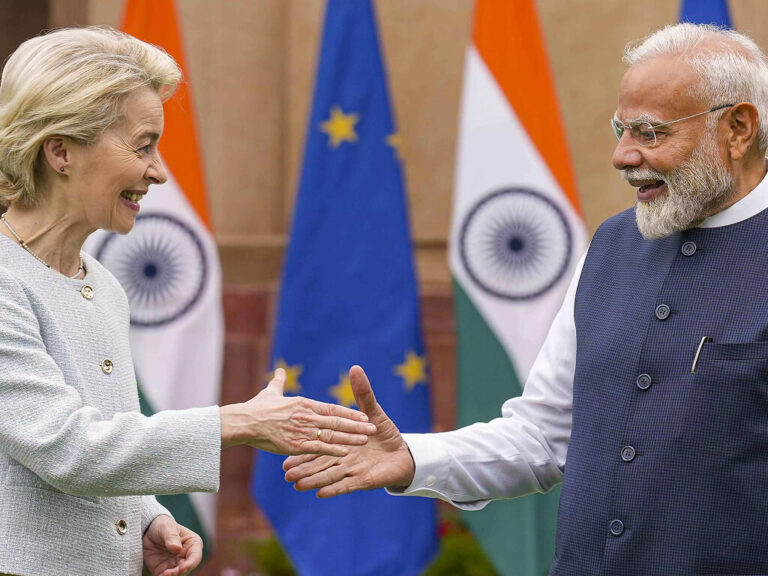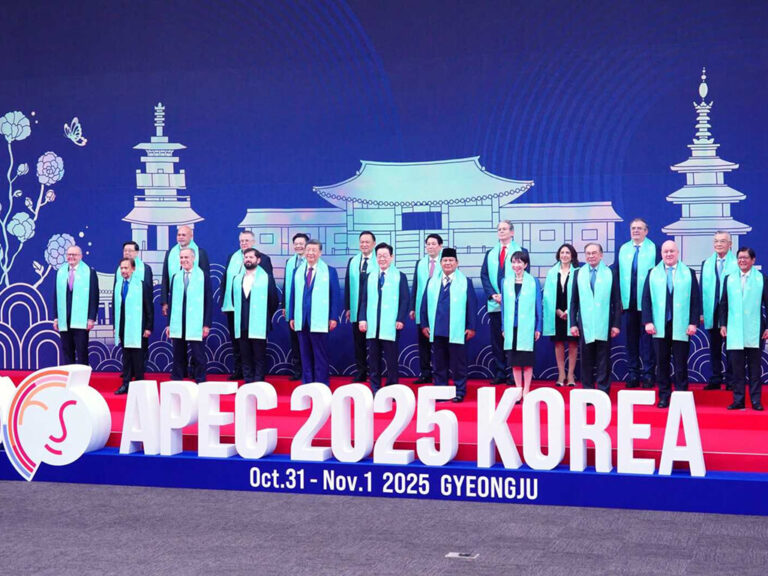Islam and Republic: Two philosophies or political systems that seem situated at opposite ends, with different views and morals, appear incompatible in the eyes of many. However, in politics, anything is possible, and some politicians have combined these ideas to form a unique system known as an Islamic Republic. This term now refers to a sovereign state that takes a compromise position between a purely Islamic caliphate and a secular, nationalist republic. The nature of this compromise can be defined by the constitution makers, so it varies from country to country, but they all claim to be Islamic republics. Every Islamic Republic administration emphasizes a stronger cultural identity rooted in Islamism, as it is neither a traditional Islamic monarchy under a king nor a modern secular republic. Confused? So is everyone, from the constitution makers to the common people.
Currently, three countries officially claim to be Islamic Republics: the Islamic Republic of Pakistan, the Islamic Republic of Mauritania, and the Islamic Republic of Iran. All of them emphasize Islam and Sharia law but do not have a monarchy to lead them. Instead, politicians, mostly Islamists are the policy makers, prefer not to emulate Western republics and aim to preserve their cultural identity. Thus, these three crafted their constitutions under the title of Islamic Republic, each being unique and distinct. The Islamic Republic of Pakistan is a federal parliamentary republic, the Islamic Republic of Mauritania is a unitary semi-presidential republic, and the Islamic Republic of Iran is a unitary theocratic republic. They have different governing systems and were formed in different situations.
There have been other short-lived Islamic Republics in history, such as those in Bangladesh, Comoros, Afghanistan, Gambia, and in Central Asia and the Caucasus, but all were forced out soon after their establishment. Thanks to the people of Pakistan, Mauritania, and Iran for enduring challenges and keeping their regimes alive.
Pakistan, a country formed in response to the long-standing demands of Islamists in the Indian subcontinent, established its first Islamic Republic constitution in 1956. This move was considered revolutionary in the Islamic world. At that time, newly formed countries in the Islamic world were opting to be secular republics rather than monarchies. As a result, Pakistan gained prominence in the Islamic world for adhering to Islamic principles, unlike other new republics such as Turkey, which embraced secularism. With this move, Pakistan effectively created a new Islamic cultural identity, which it had previously lacked, skillfully differentiating itself from its Indian heritage with diverse languages and ethnicities.
However, many political scientists believe that Pakistan’s Islamic Republic constitution was a product of the divergence between British-educated Islamists, like the founding president Muhammad Ali Jinnah, and conservative Islamists. To solve this, they combined Sharia with modern British laws to appeal to the populace. The case of Mauritania is somewhat similar, but instead of British influence, French influence shaped its Islamic Republic constitution.
Perhaps the Islamic Republic of Iran, which brands itself as an Islamic Republic across all sectors from the military to the media, is the most notorious example of such a state. Founded after the 1979 Islamic Revolution that overthrew the unpopular Shah regime, the Islamic Republic has led to a steep economic and cultural decline for Iran, which was more developed at that time compared to Pakistan and Mauritania. With the new constitution to protect Sharia and Islamism coming into force under the Shia Supreme Leader, the country has been ruined by poor diplomacy, tough sanctions, and harsh living conditions over the past 45 years. As a result, many citizens harbor hatred towards the Islamic Republic and resent the government’s harsh actions against any demands for change or protests against Islamic law. While the Islamic Republic is not an Islamic monopoly like Saudi Arabia, it enforces a more extreme form of Islamism, resulting in significant resistance from the people.
The Islamic Republic can be considered a failed administrative system, as evidenced by the deep economic and cultural struggles of countries. The system favors corruption and poor governance, and the lack of skilled people has led to economic and diplomatic collapse. Strict Islamic laws, without supervision as in a monarchy, lead to outdated practices like mob lynching and blasphemy incidents. The rift between hard believers and mild believers is very high, and in countries where even mild believers and non-believers are hunted, minorities have no role. Overall, people are forced to suffer under these governments because they are protecting Islam. Pathetic!








